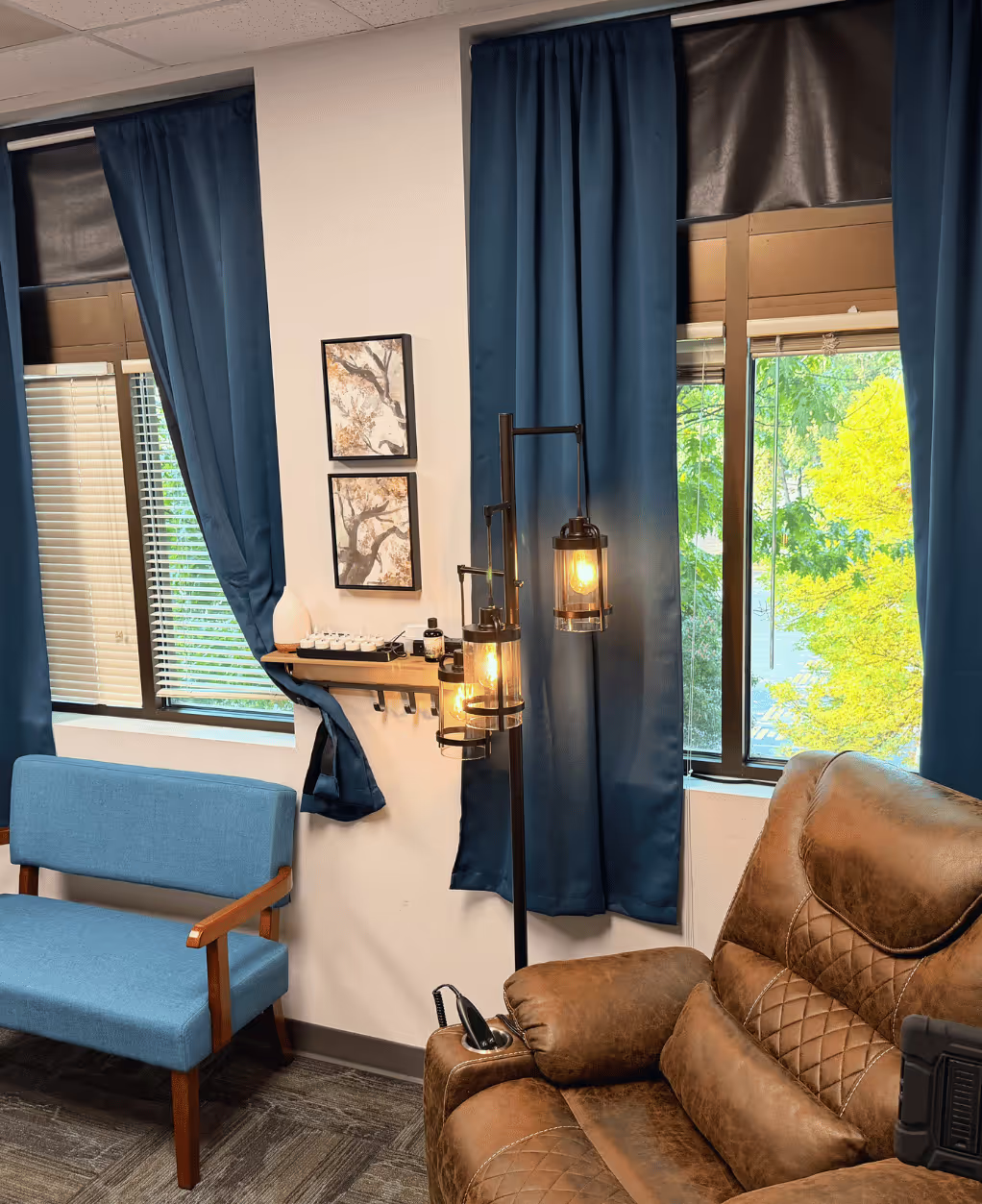Medication Management for Mood Disorders
We provide personalized, collaborative care for mood disorders, including depression, bipolar disorder, ADHD, and anxiety.


Understanding Mood Disorders
A mood disorder is a mental health condition that primarily affects a person’s emotional state, causing persistent and significant disturbances in mood. These fluctuations go beyond the normal ups and downs of everyday life and can include prolonged periods of sadness, excessive elation, or a combination of both.
These intense emotional states can impact your ability to function in daily life, influencing thoughts, behaviors, and physical well-being. Common mood disorders include major depressive disorder, bipolar disorder, ADHD, and anxiety, each with unique patterns and durations of mood disturbances that require tailored treatment approaches.
Recognizing the Signs of a Mood Disorder
Mood disorders can manifest differently in each person, with symptoms ranging from low energy and difficulty concentrating to intense emotional fluctuations and persistent negative thoughts. Identifying these signs early is the first step toward effective treatment and improved mental well-being.
Common Symptoms of Mood Disorders
Mood disorders can affect your thoughts, emotions, and daily functioning in various ways. Recognizing these symptoms can help you seek timely support and receive the treatment you need.
Struggling to Concentrate
Tasks that were once manageable, whether at work, school, or home, can feel overwhelming. Difficulty focusing, forgetfulness, and brain fog are common signs.
Low Mood or Loss of Interest
Persistent sadness or lack of motivation can make daily activities feel like a burden. You might withdraw from social interactions or lose interest in hobbies you once enjoyed.
Difficulty Managing Emotions
Intense feelings such as irritability, frustration, or hopelessness may arise, making it challenging to regulate your emotional responses and maintain balance in daily life.
Collaborative Care for Better Mental Health
We believe that integrated, team-based care is essential for effective mental health treatment. We work closely with your primary care physician, therapists, and other healthcare providers to ensure a coordinated approach tailored to your needs.
A Simple, Whole-Person Approach to Care
Our integrated approach ensures that your physical and emotional, well-being are all supported throughout your journey. With a compassionate team and clear communication every step of the way, we make getting the right care simple, ansd comfortable.

Schedule Your Visit
Call us or book online. We’ll help you find a convenient time. You can begin prioritizing your mind and body.
Meet Your Care Team
During your visit, we’ll create a personalized plan that addresses both your mental and physical health goals.
Get Ongoing Support
Your care doesn’t end after one visit. From follow-ups and prescriptions, our team stays connected to ensure consistent support and lasting results.
Frequently asked questions
We know that seeking help for mood disorders can feel overwhelming. Here are answers to some common questions because clarity is part of care.
How does Lonerock manage mood disorders?
We provide personalized medication management and coordinate care with your existing healthcare providers, including primary care physicians, psychiatrists, and therapists, to ensure a comprehensive, effective treatment plan.
Can I receive treatment if I am not a Lonerock primary care patient?
Yes. You do not need to be a Lonerock primary care patient to access our mental health services. We accept referrals from any physician and work collaboratively to provide specialized care.
Are telehealth appointments available?
Yes. We offer both telehealth and in-office appointments for conditions such as ADHD, anxiety, depression, and other mood disorders, providing flexibility and accessibility for your care.






